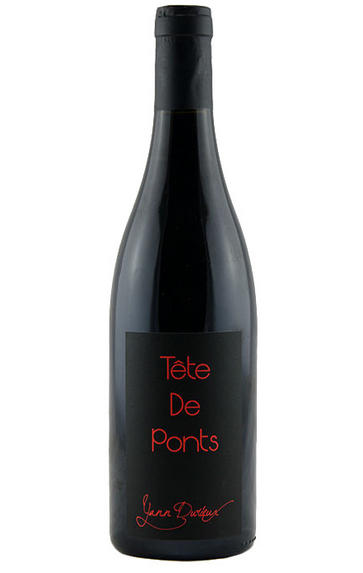
2017 Yann Durieux, Recrue des Sens, Tête de Ponts, Vin de France
About this WINE
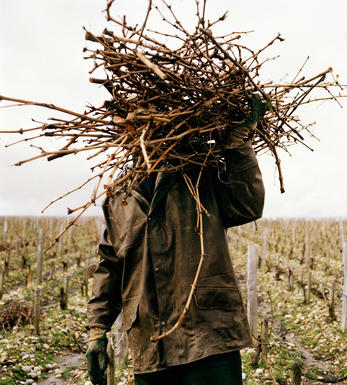
Yann Durieux
Yann Durieux is a remarkably talented and passionate young winemaker making waves in the Burgundy wine scene. Hailing from a family of winemakers in Nuits-Saint-Georges, Yann’s exposure to the world of viticulture began at a remarkably young age. At just 13 years old, he already vinified his first vintage solo, setting the stage for his future in winemaking.
In 1999, Yann had a life-changing encounter with Henry-Frederich Roch, which profoundly influenced his winemaking philosophy and deepened his love for the concept of terroir. Subsequently, he spent a decade working with Domaine des Vignes du Maynes before joining Domaine du Prieure Roch (‘DPR’) in 2007. At DPR, he not only contributed to cellar operations but was entrusted with overseeing their esteemed parcel of Clos-de-Beze. This responsibility was a testament to his exceptional understanding of biodynamic viticulture and profound appreciation for terroir.
In 2010, Yann decided to pursue his dream of reclaiming his family’s lost vineyards in the Hautes-Côtes-de Nuits, and thus, he founded his Domaine, ‘Recrue des Sens.’ For the initial three vintages, Yann utilised the cellars of DPR before finding a vigneron’s house and cellar in Villiers-la-Faye to establish his winemaking base.
Nestled in the Hautes-Côtes-de Nuits, with Domaine de la Romanée-Conti (DRC) as its neighbour, Yann’s vineyards lie in magical terroir. With a profound connection to the land and a family legacy that stretches back through generations of winemakers, Yann brings a deep understanding and love for the region to his winemaking craft.
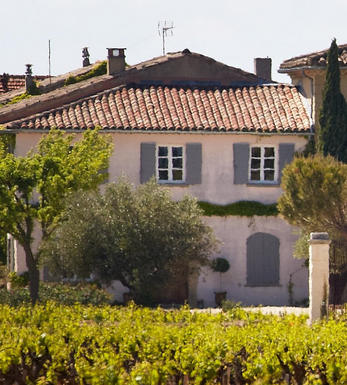
Vin de France
Vin de France is a wine classification in France that was introduced in 2010 to replace the former Vin de Table category. It represents a more flexible and modern approach to French wine production, offering winemakers greater freedom in terms of grape sourcing, blending, and winemaking techniques.
Unlike wines with controlled appellations such as AOC Alsace or Vin de Pays, which are tied to specific regions within France, Vin de France wines can be sourced from grapes grown anywhere in the country. This gives winemakers the freedom to experiment with grapes from different regions, allowing for greater creativity and innovation.
Winemakers can blend grape varieties from different regions or even different countries to create unique flavour profiles. This flexibility enables the production of a wide range of wine styles, from traditional varietal wines to innovative blends.
While Vin de France wines offer greater flexibility in production, they still must adhere to certain labelling requirements. The label must include the designation "Vin de France," along with the producer's name and the volume of alcohol. Additional information such as grape variety, vintage, and specific geographical origin may also be included on the label.
Vin de France wines may not have the prestige or strict regulations of wines from controlled appellations. However, they can still offer excellent quality and value. Many producers use Vin de France as a platform for experimentation and innovation, resulting in a diverse range of wines that cater to various tastes and preferences.
Vin de France wines are often positioned as versatile, everyday wines that are accessible and easy to understand. They can offer a good balance between quality and affordability, making them popular choices for everyday consumption.
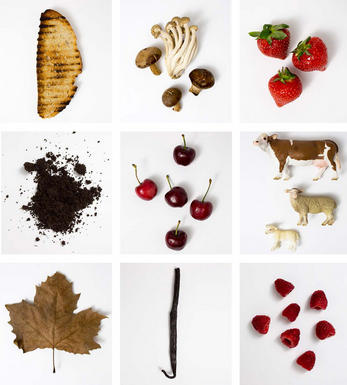
Pinot Noir
Pinot Noir is probably the most frustrating, and at times infuriating, wine grape in the world. However when it is successful, it can produce some of the most sublime wines known to man. This thin-skinned grape which grows in small, tight bunches performs well on well-drained, deepish limestone based subsoils as are found on Burgundy's Côte d'Or.
Pinot Noir is more susceptible than other varieties to over cropping - concentration and varietal character disappear rapidly if yields are excessive and yields as little as 25hl/ha are the norm for some climats of the Côte d`Or.
Because of the thinness of the skins, Pinot Noir wines are lighter in colour, body and tannins. However the best wines have grip, complexity and an intensity of fruit seldom found in wine from other grapes. Young Pinot Noir can smell almost sweet, redolent with freshly crushed raspberries, cherries and redcurrants. When mature, the best wines develop a sensuous, silky mouth feel with the fruit flavours deepening and gamey "sous-bois" nuances emerging.
The best examples are still found in Burgundy, although Pinot Noir`s key role in Champagne should not be forgotten. It is grown throughout the world with notable success in the Carneros and Russian River Valley districts of California, and the Martinborough and Central Otago regions of New Zealand.


Buying options
Add to wishlist
wine at a glance
Delivery and quality guarantee